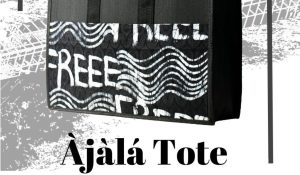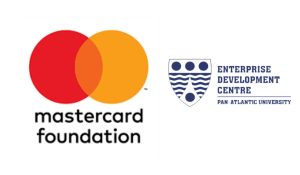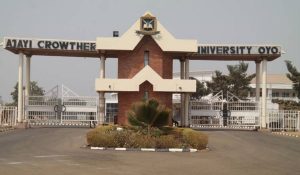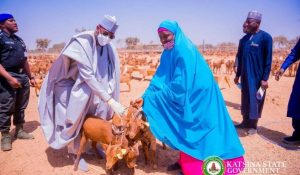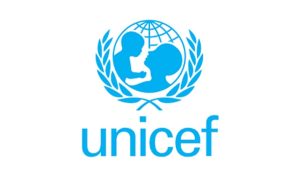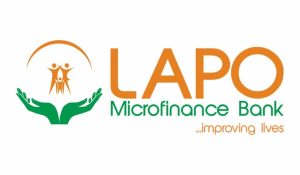
Access Bank Partners Mobaby Care to Distribute Birthing Kits to Nigerian Women
Despite increasing attention and commitments by policymakers globally to the goal of reducing maternal and neonatal mortality, both have remained stubbornly high in sub-Saharan Africa. In Nigeria, the neonatal mortality rate is still on the rise with over 1000 maternal and neonatal mortality being recorded yearly.
Hence to mark International Women’s Month, with motherhood at its centre, Mobaby Care Nigeria, a mother and childcare brand that manufactures and distributes safe and natural body, hair, and hygiene solutions in partnership with Access Bank through its Project Uwar campaign has distributed 3000 birthing kits across Kano, Nasarawa and Abuja.
Through its Mobaby Care Mobile Clinic, the brand is poised to reduce the rates of disease and death among women, infants, and children. Hence the project, which kicked off March 23, will run through 31 to sensitise 3000 pregnant women and 100 traditional birth attendants on safe birthing methods in 30 communities across Abuja, Nasarawa, and Kano States.
According to the founder of Mobaby Care Nigeria, Maryam Adebola-Salami, collaborating with Access Bank fully funded project revealed during its ‘Project Uwar’ camping across 30 communities in Northern Nigeria the need for more women to get involved in safe birthing processes.
“The risk of maternal and infant disease and death can be decreased by reducing delivery-related complications, increasing access to high-quality health care (like training received by local midwives), and promoting and supporting breastfeeding and safe birthing environments.
“As the burden of maternal and neonatal mortality remains persistently high in Nigeria. Sepsis contributes significantly to both maternal and newborn mortality, and safe birthing kits have long been promoted as a cost-effective intervention to ensure hygienic delivery practices and reduce sepsis. This is reported to predominantly reduce maternal and neonatal mortality by 30 per cent.
“Through providing 3000 pregnant women with birthing kits to aid safe delivery, educating them on the preparation for labor and after birth care, this is to further reduce the prevalence of maternal and neonatal deaths in communities across Northern Nigeria.”
On the challenges faced while carrying out the project, Adebola-Salami noted the logistics of the kits across the region as the majority of the beneficiary live in rural areas with zero road linkages, leaving her team to travel across water, deserts and roads, “but we are happy we could reach them regardless of their location.
“It’s the beauty in their smiles, how excited to know they will not be buried like a friend or family or neighbour who didn’t have access to these health kits that keeps me going. “We hope to continue to provide this solution, support and birthing education every quarter as we continue to solicit for more partnership and continued support from Access Bank.”



